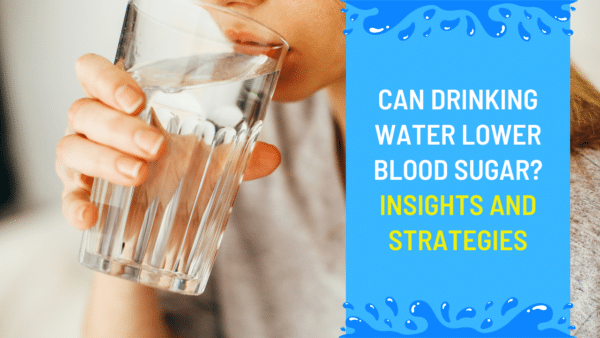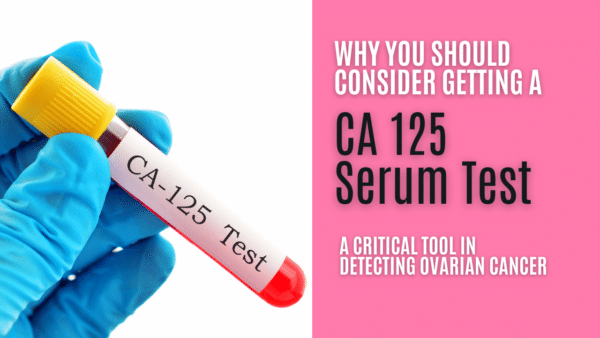Nightshades are members of the Solanaceae family of flowering plants, which includes about 3,000 species. Most nightshades are poisonous and are not edible. However, many are incredibly nutritious and consumed by people in the world. The following fruits and vegetables are edible nightshades:
- Tomatoes
- White potatoes
- Eggplant
- Bell peppers
- Chilis
- Garden huckleberries
- Goji berries
Nightshades are peculiar in that they contain alkaloids. Tomatoes are sometimes mistaken for vegetables due to their delicious taste, but they are fruit. Fruit is a seeded edible component of a plant that grows from a flower. Nightshade fruits also include bell peppers and eggplant. Vegetables include any edible portion of a plant, such as the roots, stems, or leaves.
Health Benefits:
Nightshades are nutrient-rich foods with many health advantages due to their vitamin, mineral, fiber, and antioxidant content. Because of their high nutrient density, many health practitioners recommend eating nightshades. It means they are high in nutrients while being low in calories.
Tomatoes:
Tomatoes have high levels of vitamins A and C. They also have lycopene. These nutrients may decrease inflammatory markers and the risk of various chronic diseases. Lycopene may also reduce the risk of certain types of heart disease and cancer.
Potatoes:
Potatoes with skins have a good quantity of potassium, vitamin B6, and manganese.
Peppers:
Peppers are high in vitamin C, which has a lot of health benefits, including improving iron absorption. One bell pepper, for example, contains all of your daily Vitamin C requirements.
Chili peppers:
Capsaicin, which gives chili peppers their spiciness, is found in chili peppers. Capsaicin powder has been shown to help relieve heartburn symptoms and may aid in weight loss efforts by lowering calorie consumption.
Eggplants:
With 2.5 grams of fiber per cup, eggplants are a good source of dietary fiber. This essential nutrient improves the regulation of bowel movements and may reduce your risk of heart disease.
Health Issues Caused By Eating Nightshades:
Solanine, nicotine, and capsaicin are some of the alkaloids present in nightshades. An allergy to these alkaloids is uncommon, although it can happen. The alkaloids in nightshade foods have no adverse effects on most people. Humans eat only trace amounts of these alkaloids relative to body size. While certain alkaloids are beneficial to human health, others are harmful. Tobacco, a nightshade plant, has toxins that might cause cancer.
Common health issues associated with nightshades include:
Leaky Gut Syndrome:
Nightshades also have lectins, a type of protein. Lectins can disrupt the intestinal barrier, resulting in ‘leaky gut syndrome.’ Food that would normally remain in the small intestine, may enter the circulation through this pathway.
Autoimmune Disorders:
Autoimmune disorders develop when the immune system unintentionally targets healthy cells in the body, causing inflammation and tissue destruction. Inflammatory bowel disease (IBD), celiac disease, and rheumatoid arthritis are some of the more frequent autoimmune disorders. Eating nightshades may aggravate these issues since the natural compounds found in them might stimulate the immune system.
Joint Pain:
Eating nightshades can induce inflammation and worsen inflammatory disorders like rheumatoid arthritis.
Functional Gastrointestinal Disorders:
Some persons with functional gastrointestinal disorders and no recognized medical etiology report that consuming nightshades makes their symptoms worse. Heartburn, bloating, and irritable bowel syndrome are examples of these conditions.
Others:
The plant stems, leaves, or unripe fruits or tubers contain the highest level of alkaloids, which should not be consumed. According to research, as tomatoes ripen, the amount of alkaloids in the part you consume reduces. So, eating too many alkaloids from tomatoes is uncommon, especially if you avoid eating unripe, green tomatoes.
Too much solanine can make you feel sick too. There have been cases of people becoming ill from solanine poisoning after consuming green potatoes. When potatoes turn green, they contain more alkaloids and taste bitterer. That is why it is common to discard green and sprouted potatoes.
If you consume green potatoes, you may have nausea or diarrhea. You may also develop a fever or a headache. Potatoes and other nightshade vegetables often contain an acceptable quantity of alkaloids. If you consume two to five milligrams of solanine per kilogram of body weight, you may experience some effects. If you weigh approximately 150 pounds (68 kilograms) and consume at least 136 mg of solanine, it can make you ill.
One eggplant has around 11 milligrams of solanine. According to research, potatoes may have anywhere from 25 to 275 micrograms of alkaloids. The amount varies according to the species of potato and where it was produced.
Symptoms Of Eating Too Many Nightshades:
Food intolerances are relatively lesser than food allergies and impact just the digestive tract. People who are allergic to the alkaloids found in nightshades may develop one or more of the following symptoms after eating a nightshade vegetable or fruit:
- Nausea
- Vomiting
- Hives and skin rashes
- Itchiness
- Inflammation
- Excessive mucus production
- Achy muscles and joints
People who are sensitive to nightshades lack the enzymes required to digest these foods successfully. The following symptoms can be caused by nightshade intolerance:
- Nausea
- Diarrhea
- Bloating and gas
- Heartburn
When To See A Doctor:
Alkaloids can trigger a severe and potentially fatal allergic reaction known as anaphylaxis in some people. If a person experiences or observes any of the following symptoms, they should seek immediate medical attention:
- Confusion
- Anxiety
- Shock
- Low pulse
- Swelling of the face, mouth, or throat
- Coughing
- Difficulty breathing
- Abdominal pain
Diagnosis:
A doctor will help diagnose a nightshade allergy in the same way that other allergies are diagnosed, by using several diagnostic tests, such as:
- A skin prick test, in which a doctor injects a small quantity of the potential allergen into the skin with a needle to test for a response
- A blood test, such as RAST or ELISA, in which a doctor draws blood and tests for the presence of ige antibodies relevant to particular allergens.
Treatment:
If a nightshade allergy is severe and causes anaphylactic symptoms, do not use nightshades in the diet. People should seek the advice of a doctor or a dietician instead.
References:
- What Are Nightshades, And Are They OK To Eat? Retrieved from vitacost.com:
https://www.vitacost.com/blog/what-are-nightshade-foods/
- Nightshades. Retrieved from unboundwellness.com: https://unboundwellness.com/nightshades/
- All About Nightshades. Retrieved from paleoleap.com: https://paleoleap.com/nightshades/
- Prime Health. Nightshades: Are They Healthy? Retrieved from primehealthdenver.co:
https://primehealthdenver.com/nightshades/
- Cleveland Clinic. What’s The Deal With Nightshade Vegetables? Retrieved from clevelandclinic.org:
https://health.clevelandclinic.org/whats-the-deal-with-nightshade-vegetables/







